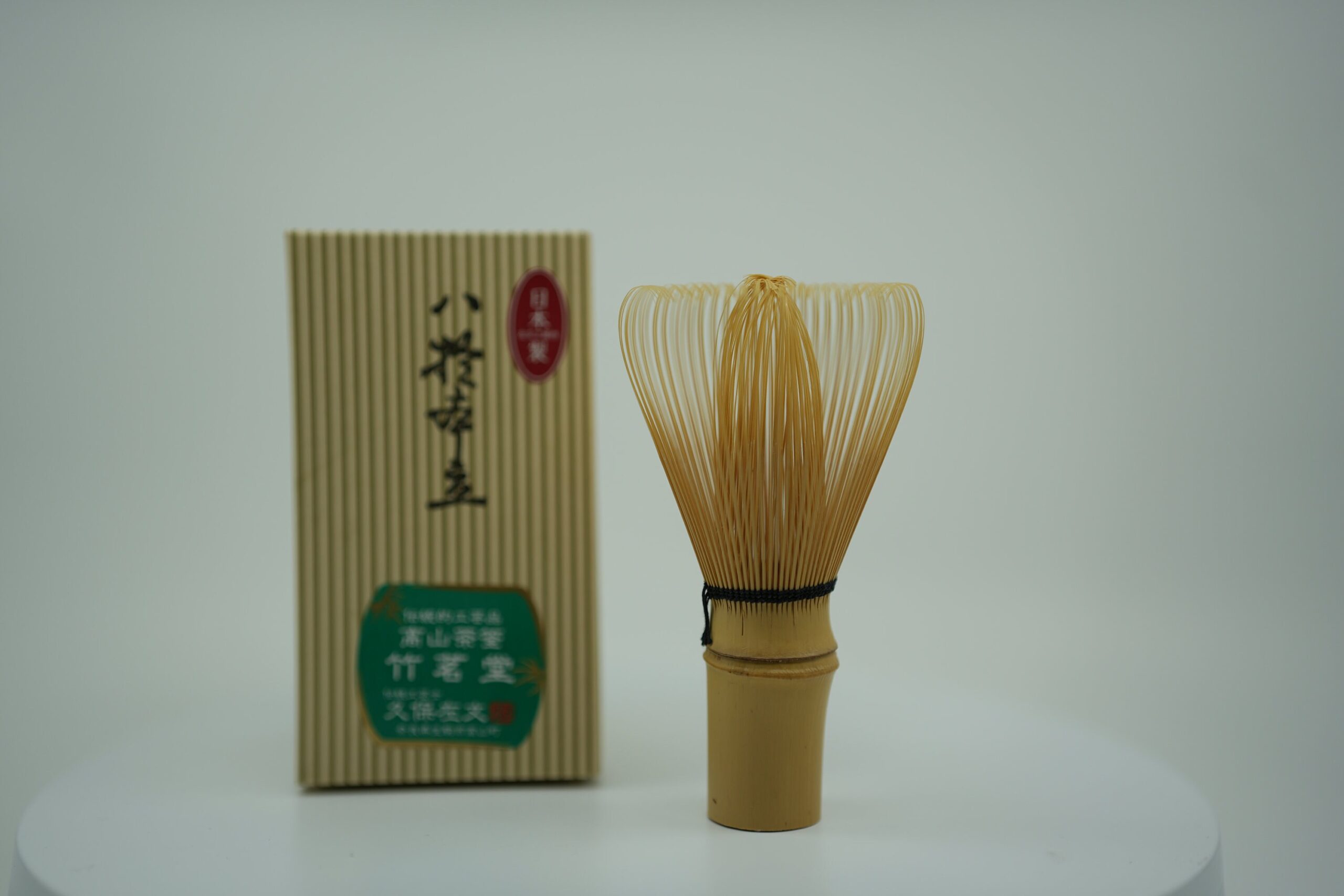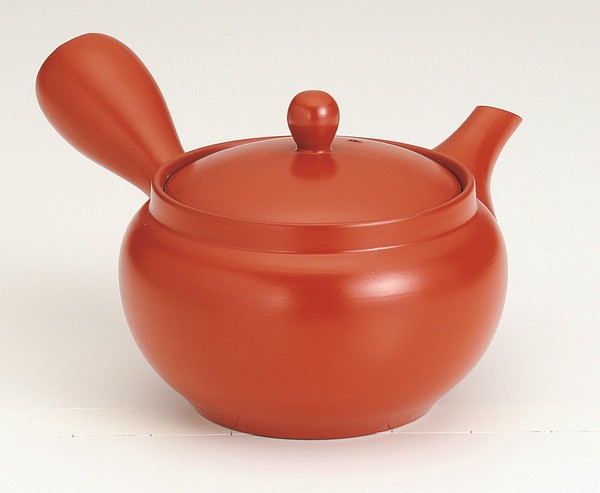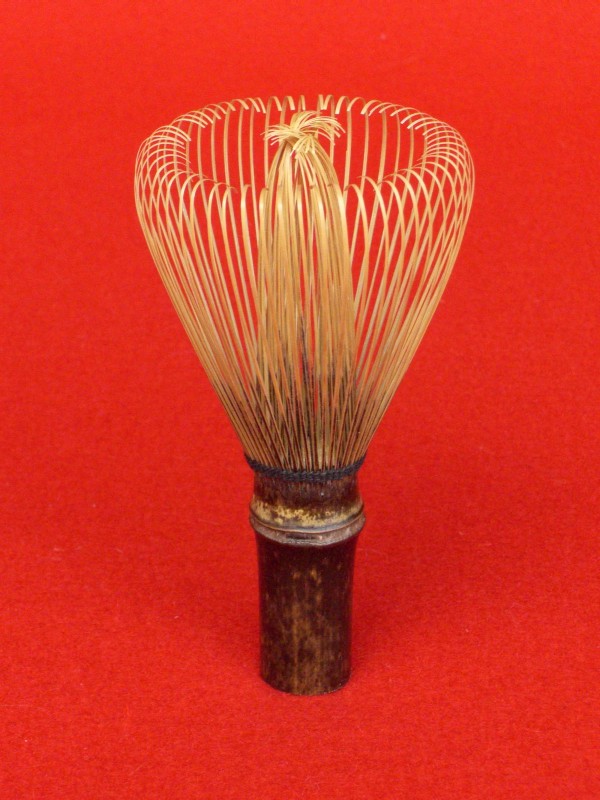Hojicha vs Genmaicha: 9 Delicious Differences You Need to Discover!
Are you trying to decide between hojicha and genmaicha? You're in the right place! This article dives into the delicious world of these two unique Japanese teas, highlighting their differences, flavors, health benefits, and more. By the end, you’ll have a clear understanding of hojicha vs genmaicha and which one might be the perfect fit for your palate.
A Quick Overview of Hojicha vs Genmaicha
When it comes to hojicha vs genmaicha, both teas offer distinct flavors and experiences that cater to different preferences. Hojicha is a roasted green
Choosing between the two often comes down to what you're in the mood for: a robust and adventurous cup of hojicha or a gentle, cozy brew of genmaicha. Let’s explore these differences in detail!
Flavor Profiles: Hojicha vs Genmaicha
When it comes to flavor, hojicha vs genmaicha presents a fascinating contrast. Hojicha, thanks to its roasting process, boasts an intense flavor profile. You’ll find rich notes of caramel and chocolate, making it reminiscent of a warm coffee drink. The reddish-brown color and earthy aroma add to its inviting nature.
On the other hand, genmaicha offers a mild, nutty taste that comes from the combination of green
In summary, if you want something robust and flavorful, hojicha is your go-to. But if you’re leaning towards a milder, more comforting
Health Benefits of Hojicha vs Genmaicha
Exploring the health benefits of hojicha vs genmaicha reveals interesting insights. Hojicha stands out with its lower caffeine content and higher antioxidant levels, thanks to the roasting process. This makes hojicha an excellent option for those looking to enjoy the benefits of green
Conversely, genmaicha also has lower caffeine compared to traditional green
Hojicha is rich in L-theanine, an amino acid known for promoting relaxation and cognitive function, making it a great choice for those wanting to unwind after a long day. While genmaicha may have lower levels of L-theanine, it still offers overall health benefits that contribute to its soothing profile.
Caffeine Content: Hojicha vs Genmaicha
Caffeine levels play a crucial role in the hojicha vs genmaicha conversation. Both teas are lower in caffeine compared to traditional green teas, making them suitable for individuals looking for a milder option. Hojicha typically contains around 15-35 mg of caffeine per cup, allowing for a gentle energy boost without overwhelming stimulation.
Genmaicha, infused with roasted brown rice, further reduces caffeine content, averaging around 10-25 mg per cup. This makes genmaicha a more soothing option, perfect for enjoying throughout the day or as a calming evening drink.
Ultimately, both hojicha and genmaicha cater to those looking for delicious
Hojicha vs Genmaicha: Ideal Nighttime Teas
When considering nighttime beverages, the contrast between hojicha and genmaicha becomes a delightful discussion. Hojicha, with its rich, chocolatey flavor from roasted green
In contrast, genmaicha’s blend of green
Both teas shine in low caffeine levels, making them perfect for evening enjoyment. Whether you prefer the bold comfort of hojicha or the subtle warmth of genmaicha, both options promise a relaxing end to your day.
Organic vs Traditional Hojicha
When discussing hojicha vs genmaicha, it’s essential to highlight the differences between organic and traditional hojicha. Organic hojicha is made from
On the other hand, traditional hojicha uses older leaves and follows conventional roasting methods, resulting in a robust, earthy flavor profile. The deeper, intense roasted notes of traditional hojicha provide a comforting and rich
Choosing between organic and traditional hojicha often depends on your taste preferences and values regarding sustainable practices. While organic hojicha may come at a slightly higher price, the absence of synthetic additives and commitment to ethical farming make it an attractive choice for
Roasted Rice vs Roasted Leaves: The Flavor Makers
The key components that define hojicha and genmaicha are the roasted rice and roasted leaves. Hojicha, crafted by roasting green
In contrast, genmaicha combines green
In terms of caffeine, genmaicha has less than hojicha due to the blend with roasted brown rice. The roasted leaves in hojicha create a robust experience, while the roasted rice in genmaicha offers a gentle, soothing taste. Each
Hojicha vs Genmaicha: A Flavor Taste Test
Let’s dive into a fun taste test comparing hojicha and genmaicha!
Hojicha’s Roasted Notes: Hojicha delivers a roasted flavor profile with hints of caramel, coffee, and chocolate, providing a rich and robust drinking experience. It’s like having a warm hug in a cup!
Genmaicha’s Cereal-Like Taste: Genmaicha presents a milder, nutty flavor with a touch of roasted brown rice, creating a comforting and soothing
tea experience that feels like a cozy blanket.Intensity Comparison: Hojicha's intense and roasted flavors stand in contrast to genmaicha's lighter and more warming taste, catering to different preferences for
tea lovers.Caffeine Content: Hojicha generally has more caffeine than genmaicha due to its roasting process, making it a suitable choice for those looking for a flavorful beverage with less stimulation.
Unique Drinking Experiences: With hojicha resembling a coffee-like beverage and genmaicha delivering cereal-like comfort, each sip offers a distinctive experience that showcases the beauty of these teas.
This taste test highlights the diverse flavors and characteristics that hojicha and genmaicha bring to your
Hojicha vs Genmaicha: Which Tea to Choose?
When it comes to choosing between hojicha and genmaicha, it often boils down to personal preference. Hojicha, made from roasted bancha or kukicha leaves, offers a robust taste reminiscent of chocolate and caramel, perfect for those who love bold flavors.
Conversely, genmaicha combines green
However, if you prefer a lighter, more balanced
Conclusion
In conclusion, whether you prefer the robust and smoky notes of hojicha or the lighter and nutty undertones of genmaicha, both teas offer unique flavors and health benefits worth exploring. Understanding the differences in flavor profiles, health benefits, and personal preferences can help you discover the perfect
So, dive into the world of hojicha vs genmaicha, experiment with both, and enjoy the delightful experiences each cup brings. Cheers to your




